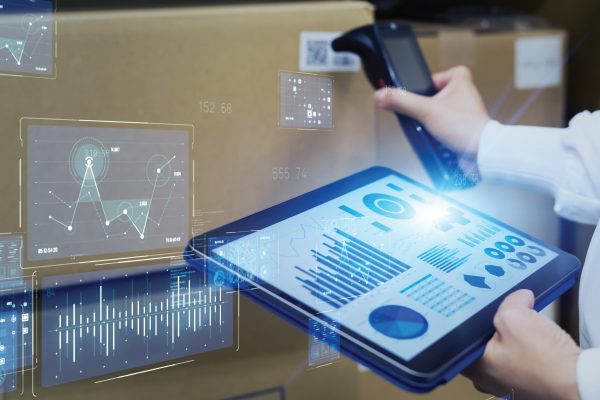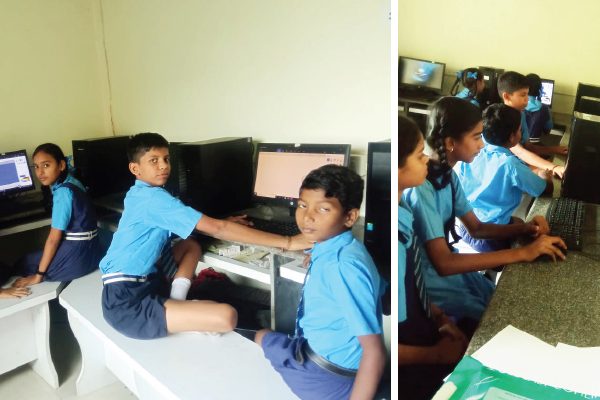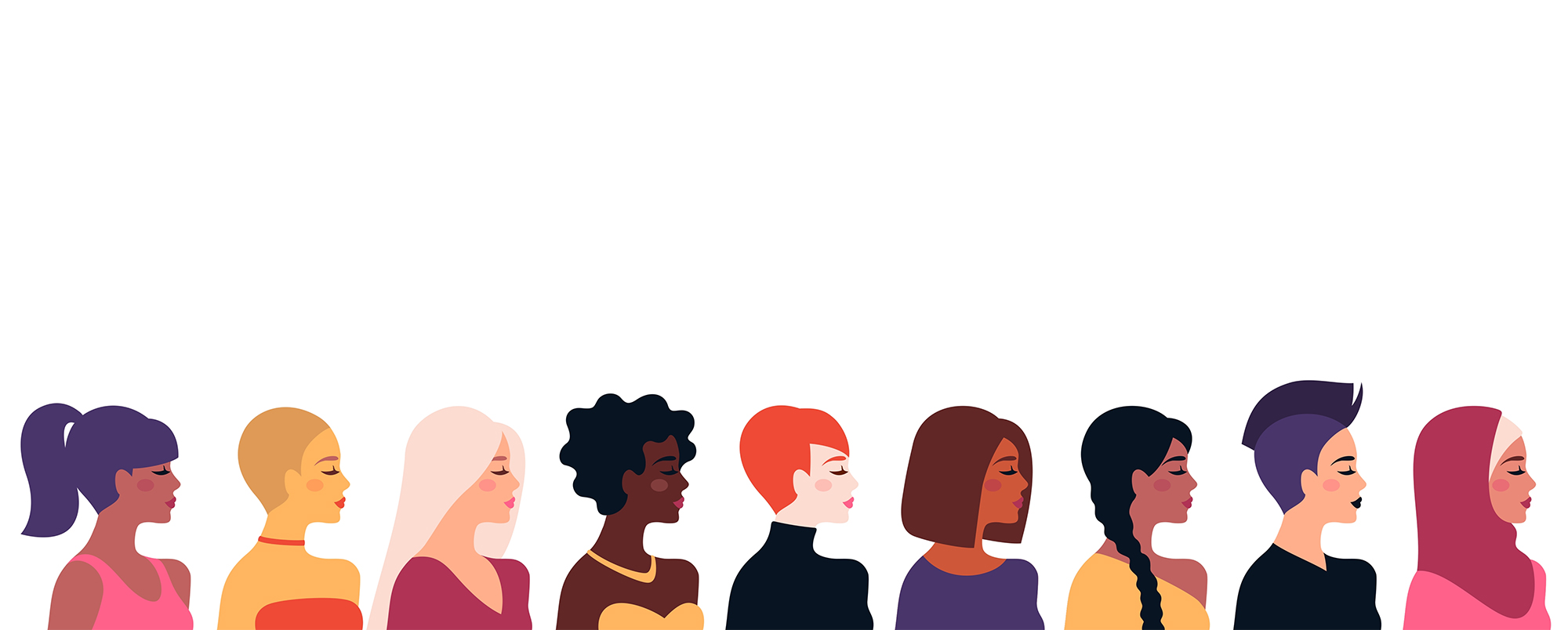While the global pandemic posed unprecedented challenges for individuals and businesses across the world, women had to deal with an added level of complexity. But even as they took care of their homes, met expectations at the workplace and helped their family members who were operating remotely, they’ve proved their mettle and continue to be a source of inspiration in homes, schools, hospitals, factories, board-rooms, governments – everywhere!
Right from Kamala Harris who created history by taking oath as the first woman Vice President of the United States, to Pooja Devi who became the first woman professional driver in Jammu Kashmir much closer home, 2020 saw many women stride ahead with confidence. Even when it came to dealing with the pandemic, Jacinda Ardern, the Prime Minister of New Zealand was much appreciated for the way in which she handled the situation and made New Zealand among the first countries to open up post global lockdowns.
But while there have been success milestones, there have also been reports that raise concern and bear testimony to the fact that we still have a long way to go when it comes to gender equality at the workplace. A recent report by PwC, released just ahead of International Women’s Day suggested that the gender equality index was expected to fall by two points between 2019 and 2021, below the overall average score of 62 points in 2017. It further went on to suggest that progress towards gender equality would need to take place twice as fast as the previous decade to undo the pandemic’s damage to women’s position in the workplace by 2030.
Not just a seat at the table
As we navigate the new normal, it is not enough for workplaces to just give women a seat at the table. It has got to be backed with opportunities to make her voice heard, unbiased consideration of her suggestions and concerns, along with free, fair and equal compensation for her contribution.
Going forward, it would work well for organizations to recognize the benefit of the diversity in perspective that women leaders bring in and empower them to not only lead but also train, groom and create more women leaders at the workplace.
According to the NITI Aayog, pushing Indian women’s participation in the workforce up to the global average of 48% in the next 10 years can add another USD 700 billion to GDP growth.
A key first step would be to understand at a practical level how the pandemic and new ways of working impact women team members and direct policies to address their challenges effectively.
Organizations like Allcargo Logistics, India’s largest integrated logistics services provider and the global leader in LCL consolidation, that have always believed in women-friendly workplaces have been taking numerous steps, like workshops to help women set boundaries at home and office, counselling to take care of their mental well-being, offering flexible work timings, and recognizing and appreciating their achievements.
#ChooseToChallenge
The theme for International Women’s Day 2021 was #ChooseToChallenge. The thought behind this theme was that challenging biases and stereotypes, raising a voice against them would make the world sit up, take note and be cognizant of these biases. It is only this realisation that can eventually power the winds of change in the right direction.
In a new normal world, where lifestyle and businesses are constantly evolving, it is only fair that the mind-set about women’s capabilities to add value as homemakers, professionals, journalists, authors, politicians, artists changes to a more progressive one.
For organizations that aspire to achieve gender equality, this would mean giving women equal opportunities, involving them in key strategic projects, ensuring equal pay, not letting their life choices or decisions on parenthood affect their possibilities at the workplace, and most importantly, creating safe work-environments, free from any kind of harassment.
Towards a more women-friendly world
It is important to ensure that gender equality doesn’t become just a numbers game. It should be looked at more as a culture change, a shift in attitude and approach.
Taking a holistic approach, some trailblazers take efforts at both ends of the spectrum. Allcargo and its wholly-owned global subsidiary, ECU Worldwide have a women workforce of more than 40%. Even though logistics is a male-focused industry, the organization prides itself on its strong women team members and ensures policies that enable them to have an effective work-life balance and deliver excellence. On the other hand, through its CSR arm, Avashya Foundation, a number of women empowerment initiatives are carried out across India, to help women at the grass-roots level come into the mainstream and contribute to the community and society, by equipping them with the right kind of training and skills.
Conclusion
The aim should be to recognize, measure, and take into consideration the social and economic value of women’s efforts – be they at the home, or the workplace, in the organized sector or the unorganized environment.
Only then can the power of close to 50% of the world’s population be leveraged to its full potential, thus driving the world to hitherto unimaginable levels of growth, progress and happines














